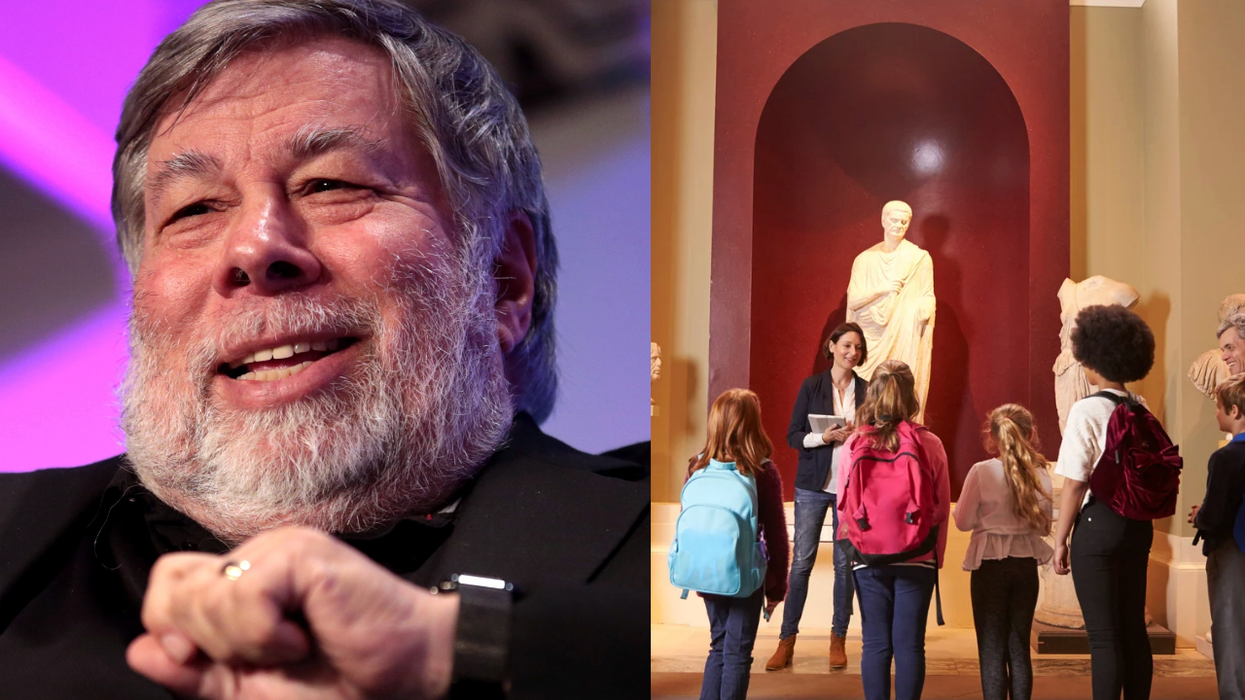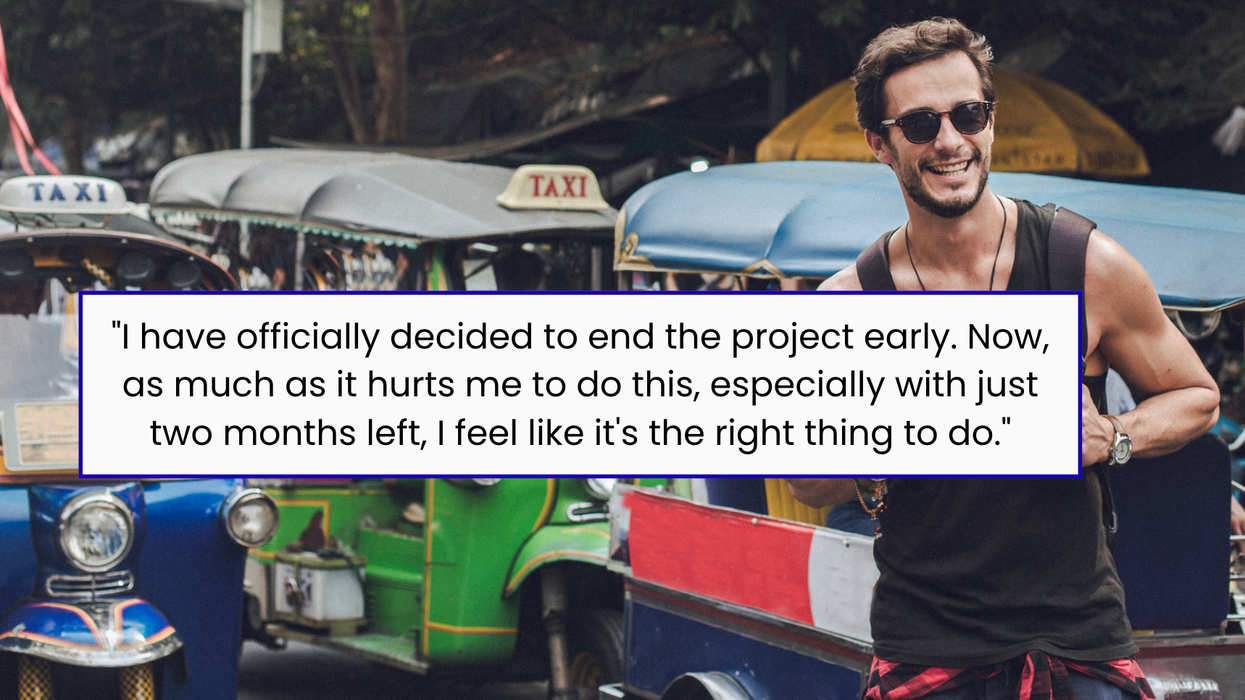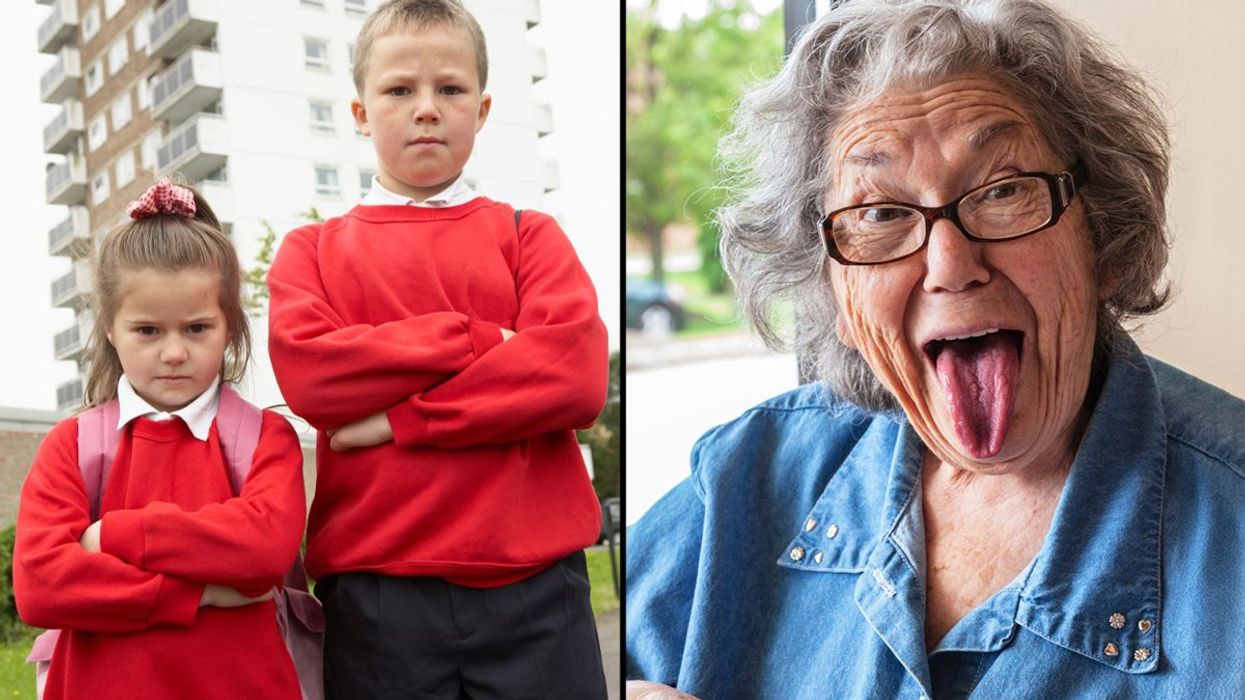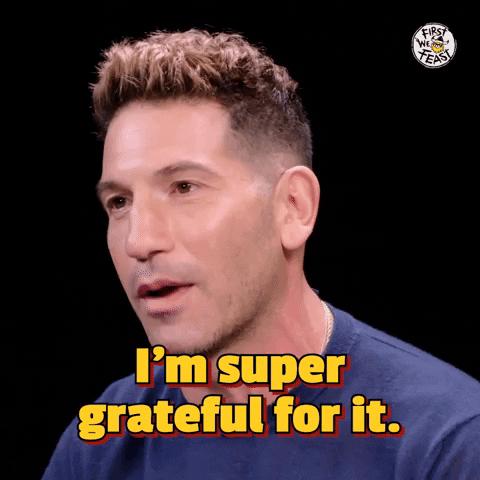We've offered up this simple advice too many times to count. When you want to apologize for making a mistake, it's not that complicated. You acknowledge your wrongdoing, apologize for your actions, spell out what you've done to remedy the situation and offer to listen to the person you harmed for any further actions on your part that can make things right. Most of the time, it's not even that complicated. Most of the time, just saying, "You know what? I was wrong and I'm sorry," is more than enough.
The latest person who could use a tutorial in how to apologize is Rep. Ted Yoho (R-Fl). After verbally harassing fellow Rep. Alexandra Ocasio-Cortez (D-NY) with a profanity laced tirade, Yoho became the topic of a national story yesterday for the unusually gruff treatment of a congressional colleague. Well, Yoho took to the House floor to apologize. But it was a pretty mixed bag. As CNN points out, Yoho started off on solid ground acknowledging that his remarks were inappropriate and unnecessary. But then he straight up denied making them in the first place, which is more than a little odd. He concluded by creating a false narrative, claiming that it was his faith and family that were under attack, rather than simply his behavior of cursing out a colleague who was simply making her way down the stairs outside the Capitol to whatever appointment was next on her schedule. Here are Yoho's full remarks:
"I stand before you this morning to address the strife I injected into the already contentious Congress. I have worked with many members in this chamber over the past four terms, members on both sides of the aisle, and each of you know I'm a man of my word, so let me take a moment to address this body."I rise to apologize for the abrupt manner of the conversation I had with my colleague from New York. It is true that we disagree on policies and visions for America, but that does not mean we should be disrespectful. Having been married for 45 years with two daughters, I'm very cognizant of my language. The offensive name calling, words attributed to me by the press were never spoken to my colleagues and if they were construed that way, I apologize for their misunderstanding.
"As my colleagues know, I'm passionate about those affected by poverty. My wife Carolyn and I started out together at the age of 19 with nothing. We did odd jobs and we were on food stamps. I know the face of poverty, and for a time, it was mine. That is why I know people in this country can still, with all it's faults, rise up and succeed and not be encouraged to break the law. I will commit to each of you that I will conduct myself from a place of passion and understanding that policy and political disagreement be vigorously debated with the knowledge that we approach the problems facing our nation with the betterment of the country in mind and the people we serve. I cannot apologize for my passion or for loving my God, my family and my country."
The original report from Common Dreams begins below:
Rep. Alexandria Ocasio-Cortez was verbally accosted—including being called a "fucking bitch"—by Republican colleague Rep. Ted Yoho Monday afternoon on the steps of the U.S. Capitol Building over her remarks earlier this month tying a rise in New York City crime to increased levels of poverty and housing insecurity in the wake of the Covid-19 pandemic.
"That kind of confrontation hasn't ever happened to me—ever," Ocasio-Cortez told The Hill's Mike Illis—who reported that the exchange was witnessed by a journalist—shortly after the encounter. "I've never had that kind of abrupt, disgusting kind of disrespect levied at me."
The progressive Democratic lawmaker was confronted by Yoho, a Florida Republican, for her comments as the two passed each other on the steps of the Capitol building in "an unusually personal exchange."
According to Illis, Yoho called Ocasio-Cortez "freaking crazy," while the New York congresswoman fired back that the GOP legislator was being "rude."After Ocasio-Cortez walked away, Yoho was overheard calling her a "fucking bitch."
Rep. Roger Williams (R-Texas), who was walking with Yoho, told Illis that he didn't notice much of the exchange.
"I was actually thinking, as I was walking down the stairs, I was thinking about some issues I've got in my district that need to get done," Williams told Illis. "I don't know what their topic was. There's always a topic, isn't there?"
Progressives expressed outrage over Yoho's remarks and solidarity with Ocasio-Cortez, a regular target of right-wing attacks.
"This culture of vitriol does a disservice to America," tweeted Shahid Buttar, , a progressive Democrat challenging House Speaker Nancy Pelosi for her congressional seat in California. "Right wing voices feel threatened by our voices—and with good reason."
Rep. Dean Phillips (D-Minn.) noted the sexist undertones to the attack and wondered why Yoho hasn't confronted others with similar views to Ocasio-Cortez.
"Like AOC, I believe poverty to be a root cause of crime," tweeted Phillips. "Wonder why Rep. Yoho hasn't accosted me on the Capitol steps with the same sentiment?"
This article originally appeared on Common Dreams. You can read it here.

















 An RV roams the countrysideCanva
An RV roams the countrysideCanva
 A group of young dancers line upCanva
A group of young dancers line upCanva A woman with a skin condition looks at her armCanva
A woman with a skin condition looks at her armCanva

 Students at a table.Image via
Students at a table.Image via  Cheerful group of mixed-age people.Image via
Cheerful group of mixed-age people.Image via  Cool Boomer.Image via
Cool Boomer.Image via 
 An envelope filled with cashCanva
An envelope filled with cashCanva A server takes an orderCanva
A server takes an orderCanva A wait staff hangs out between shiftsCanva
A wait staff hangs out between shiftsCanva Grateful gif
Grateful gif 